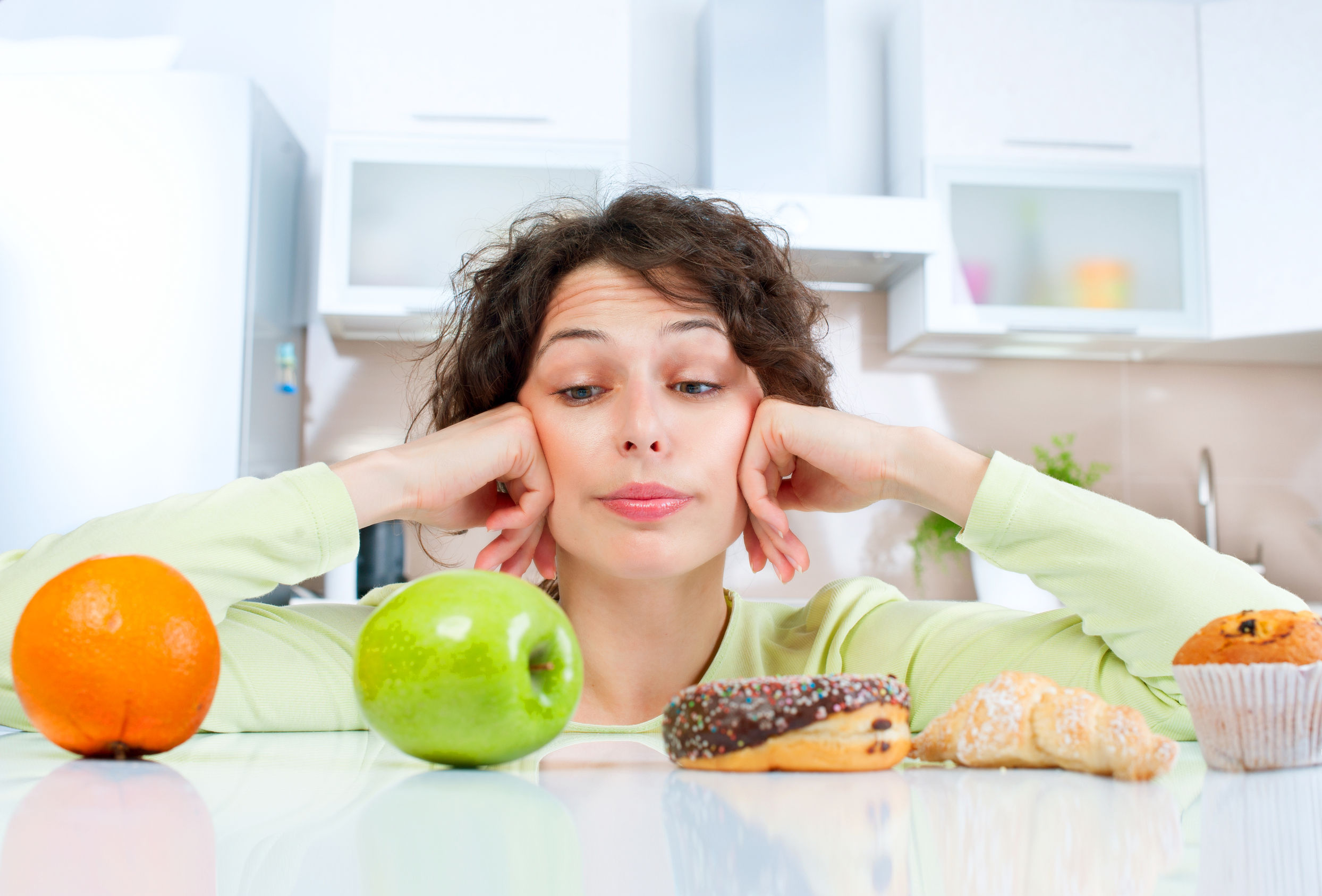
We’ve all done it…fallen prey to advertising and marketing claims for healthy snacks. Gluten-free, organic, sugar-free, fat-free, “all natural” and so on. I’m sure there are many more adjectives to describe our modern day obsession with healthy snacking.
And, occasionally, they can be a better choice if you’re trying to decide between conventional processed and packaged cookies, cakes, crackers and ice cream or a lower sugar, gluten-free version of the same snack but the simple fact remains, they are all snacks. And the idea of snacking all day and eating mini-meals to stabilize blood sugar has become so distorted that we’re constantly looking for the next snack to put in our mouths.
It’s time to take control of our eating habits and educate ourselves. We need to accept that everything we put into our bodies, “good” or “bad”, affects the basic operation of our bodies.
Once you learn the power of food, insulin, blood sugar and glycemic load you’ll be in a better position to lose weight, improve your sleep, stabilize your moods and get healthy. There are three big reasons why “healthy snacks” can be a really bad idea:
1. They are usually highly processed, packaged convenience foods. Organic or not, gluten-free or not, they are processed in a factory and many still contain unhealthy ingredients, additives and preservatives. If you know that you’re prone to giving in to your cravings it’s better to have a small stash of nuts and dried fruit on hand, or bake and freeze some oatmeal, raisin, walnut cookies or apple flax mini muffins using high quality organic ingredients and freeze them for those times when a craving hits.
2. They are often loaded with sugar. They might be good for you…fruit, smoothies, snack and meal replacement bars…but sugar is sugar. Your body doesn’t know the difference between a banana and a chocolate chip cookie. The banana has nutritional value but it still contains sugar. If you’re struggling with losing weight you need to keep this in mind when choosing fruit for a snack. When you do choose fruit for a snack opt for a half cup of low glycemic berries instead. When snacking on a smoothie because it’s “healthier” remember that it’s easy to drink hundreds of calories if your smoothie contains too much fruit and sweetener regardless of how healthy they are. A better alternative is a lower calorie, low glycemic smoothie that begins with leafy greens, cucumber and cold filtered water followed by a “garnish” of about a half cup of berries or other fruit. If you need to sweeten it opt for organic liquid stevia instead of maple syrup or honey. Also, opt for a smoothie made with the whole fruit or veggie and not just the juice. A smoothie has the added benefit of fiber vs. the no fiber juiced version.
3. Snacking throughout the day makes it more difficult for many people to lose weight. Insulin is a fat storage hormone. In the presence of insulin your body will not burn fat. Snacking throughout the day may keep your blood sugar balanced but that’s because you need to even out the peaks and valleys caused by too much snacking. Eating this way means your insulin never gets low enough for your body to tap into your fat stores to burn for energy or to keep your blood sugar stable naturally. Eating 2 or 3 low glycemic, moderate fat and moderate protein meals with a healthy snack (only when you actually feel hunger) of almonds, berries, cut up veggies and hummus or low glycemic snack bars made with a little bit of healthy fat and protein, will keep you satisfied and keep your blood sugar stable. More importantly, by stabilizing your blood sugar and insulin, you won’t get that dizzy, shaky feeling that comes with a blood sugar crash, your body will begin to burn the excess fat for fuel and you’ll maintain a steadier supply of energy throughout your day. And most of us would agree that stable energy makes it easier to get into a daily workout routine and be more productive at work.
Photo credit: Copyright: / 123RF Stock Photo


